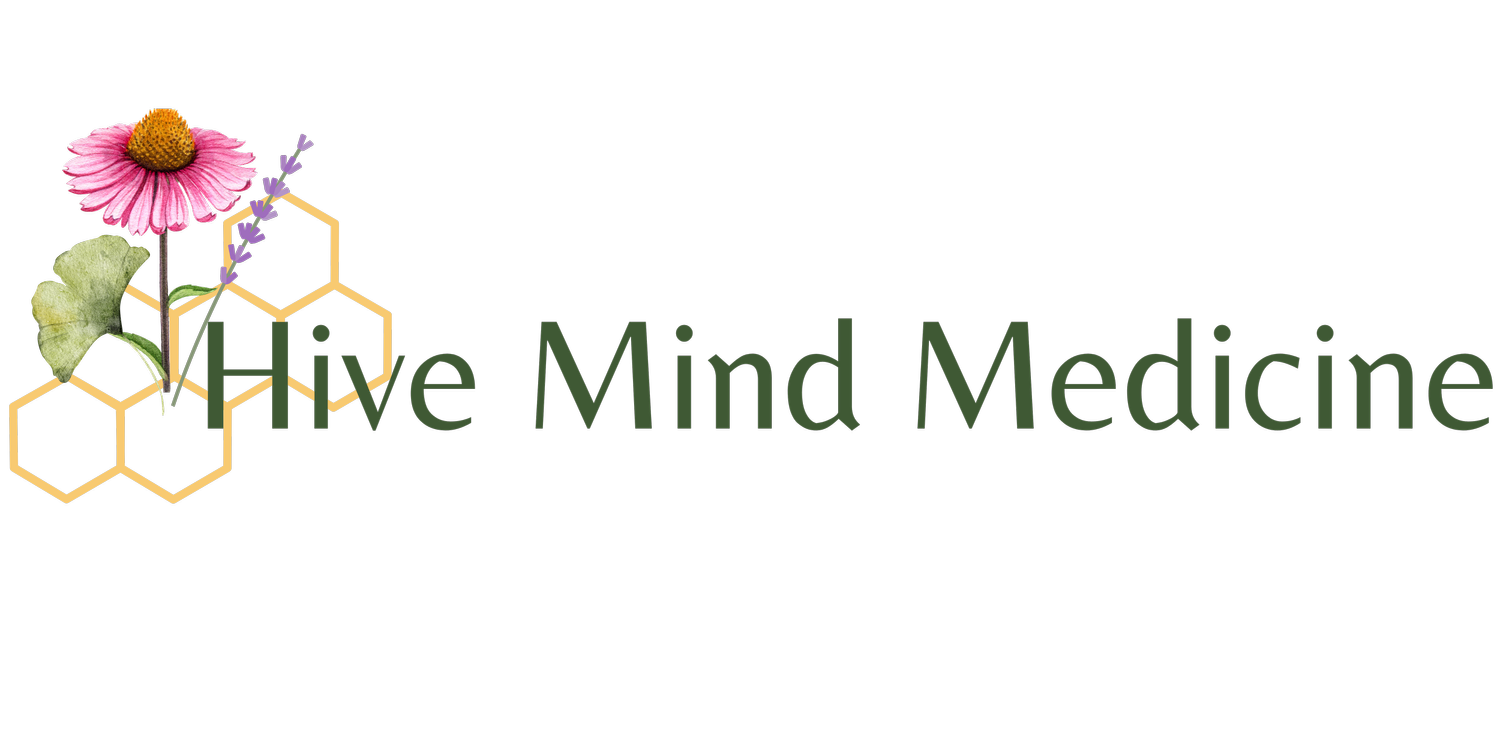So, You Gained Some Weight During a Global Pandemic? Part 1
Roz Donovan, N.D.
Many people experienced weight gain in the last 18 months. The first and most important thing that I have to say about that is: Sounds normal and healthy. Adding layers of nutritional and emotional protection is a normal response to an existential threat. Physiologically, your body is always preparing for famine, and stress ramps up this preparation. Yay your body!!
As has been stated repeatedly throughout medical news media and other media sources, the SARS-COV-2 virus has highlighted infrastructure long broken in our society. Consider “ideal” weight one of them! The Body Mass Index (BMI) is a short cut for medical providers and insurance companies to be able to sort people into specific categories. This scale was created in the 19th century (yes the 1800s!) by Lambert Adolphe Jacques Quetelet, and was specifically never intended to measure a person’s fatness. There’s no way that it can. It is simply a mathematical formula, and does not speak to the composition or the health status of the individual.
But wait, you say, obesity is an epidemic, and it is associated with negative health outcomes, right?! Association is not causation. Yes, there are many people who have cardiovascular disease and also a high BMI. There are many people who have metabolic syndrome and a high BMI. There is also a massive correlation between food scarcity and high BMI, as well as between poverty and a high BMI. All of these conditions have one thing in common other than a possible high BMI - stress response.
There are many healthy, fit people with a high BMI. As a culture, we have sorted people by BMI and currently declare high BMI = unhealthy, full stop, and quite frankly, that is inaccurate. This cultural obsession with a BMI of 20 - 25 does not actually lead to the healthiest weight for most adults. Entering adulthood in this range followed by slow and steady weight gain to the 25-30 range has been tracked as the longest lived process. The best thing that one can do for those who have been diagnosed as pre-diabetic is not to change their BMI or their weight on a scale, but to reduce the circumference of their waist. This is in part because increased girth is a measure of cortisol response, stress response, in the body. When we shift our stress response, we improve our overall health. We cannot stop life from being stressful, we can only control our response to that stress.
Gaining weight raises the brain’s “set point” of what the body needs to weigh, what the brain considers appropriate. When we diet, we try to force the body to have a lower weight than what the brain is telling the body it needs to weigh. This causes stress. The brain is convinced that starvation is imminent and fights to gain weight to face the coming famine. This is why diets fail, why they cause yo-yo loss and gain. This type of dieting is dangerous because it causes greater negative health outcomes than simply an increased BMI.
What do we do then?
First, acknowledge your body, and tip your hat in appreciation for it keeping you alive and functional during a massively stressful time.
Dress it up with some clothes that fit and flatter it’s new shape and size. Trade with friends or buy a new-to-you wardrobe.
Focus on health, not weight loss. Aim for nourishing foods and pay attention when you are eating to your body’s cues to eat more or be done. Increasing your awareness of these cues is vital. It’s so much easier to zone out to a screen or get lost in thought or eat while you are engaged in another task like driving or working. Do your best to avoid those situations. Many people who are trying to lose weight end up depriving their bodies of needed calories, throwing their whole system into shock, which then actually causes weight gain instead.
Move your body!! Find a way to move that makes demands on your balance and moves your joints. Increase your strength in muscle and bone with weight bearing exercise. This need not be drudgery, ideally it is both joyful and relaxing. Move your body every day and vary the types of movement.
Roz Donovan, ND, is a graduate of National University of Natural Medicine, with a doctorate in Naturopathic Medicine. Throughout her doctoral studies, Dr. Donovan received hands-on training from herbalists and a botanist, while also interning in mental health, environmental medicine, pediatrics and general medicine. Her advanced training mentorships focused on traumatic brain injury and gastrointestinal health.
Hive Mind Medicine blog posts are for educational purposes only and are not intended as medical advice. Please consult with your health care practitioner for personalized guidance. Click on the contact button below if you would like to schedule with one of our Hive Mind practitioners.

